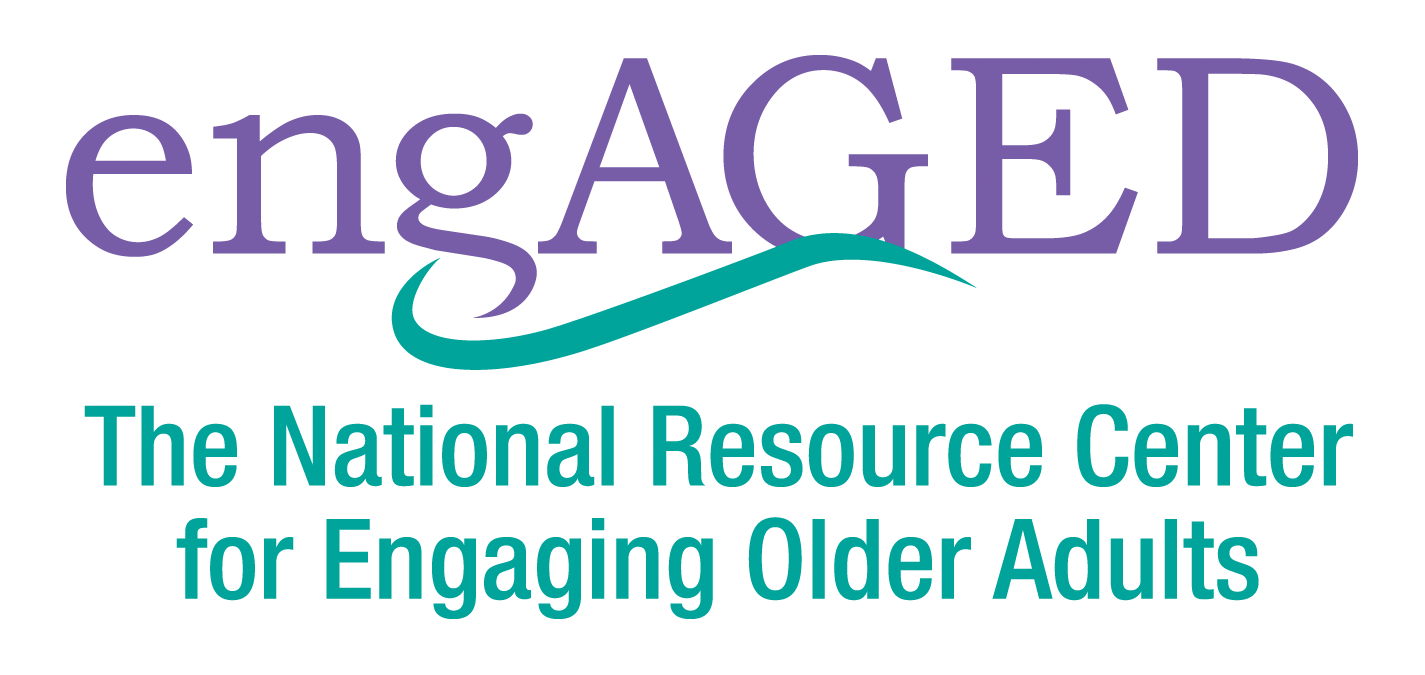Social Engagement Among Asian American and Pacific Islander Older Adults: Takeaways from our March Webinar
Our March webinar highlighted creative activities to reduce social isolation among Asian American and Pacific Islander (AAPI) older adults. Read on for highlights.
Setting the Stage
More than 20 million people in the United States identify as Asian, Native Hawaiian or other Pacific Islander (1) with roughly 20 percent of that population over 55 (2). The AAPI population in the United States is incredibly diverse, with the Census including data on more than 20 different groups. This diversity demonstrates the importance of developing culturally appropriate and tailored programs to support social connectedness of AAPI older adults.
Engaging Korean Older Adults
The Hanul Family Alliance provides programs and services to older adults and immigrants throughout the Chicago metropolitan area to promote healthy aging, family wellness and community engagement. Programs and services that help Korean and other older adults remain engaged include nutrition services, counseling services, a Korean memory café, adult education, book clubs, cultural celebrations, line dancing, senior stretch and walking. As the Hanul Family Alliance serves primarily limited English speaking immigrants, programs are provided in both English and Korean.
Engaging South Asian Older Adults
Ektaa Center’s South Asian Senior Association (SASA) connects South Asian American older adults to educational and intergenerational programs and activities that foster physical and mental wellness. SASA activities include weekly dance and movement classes like Bhangra and yoga, monthly afternoon social meetups and monthly luncheons. SASA also holds events for older adults to celebrate South Asian cultural and religious events such as Diwali, Holi, India’s Republic Day and more.
Engaging Native Hawaiian and Pacific Islander Older Adults
The Pacific Islander Community Association of WA (PICA-WA) Cultural Weavers program provides Pasifika (Native Hawaiian/Pacific Islander) older adults with a space to socialize and participate in fun activities. Every Friday, older adults gather at PICA-WA for breakfast before participating in educational workshops, exercise classes, Pasifika arts and crafts, bingo and more. A lunch with staple Pasifika foods is also provided. Staff work to weave culture, history, stories, people and food into the weekly programming as a way to honor and appreciate the older adult participants.
Tips When Serving AAPI Older Adults
Speakers shared the following tips for organizations interested in serving AAPI older adults or partnering with other organizations to serve this population.
Look for organizations in your area that work closely with specific populations or communities. Go to their community events to see what gap your organization can fill to better serve older adults.
Build relationships by identifying a community leader who can serve as a liaison. That liaison can get involved with your organization as a volunteer, Board member or part-time employee and help create a cultural connection.
Know your constituents. Conduct mini assessments to determine what activities older adults are interested in.
Advertise in local ethnic media, including radio stations, television stations and newspapers. And don’t underestimate the power that word-of-mouth advertising can have on attendees interested in your programs!
Share information on your programming through a variety of communication channels, including family members and tapping into specific messaging apps communities may use. For example, many Korean older adults communicate through KakaoTalk.
Hold cultural celebrations that provide culturally specific food and activities.
Additional Resources
To learn more about social engagement among AAPI older adults, listen to the webinar recording, view the webinar slides and listen to this recording from PICA-WA.
